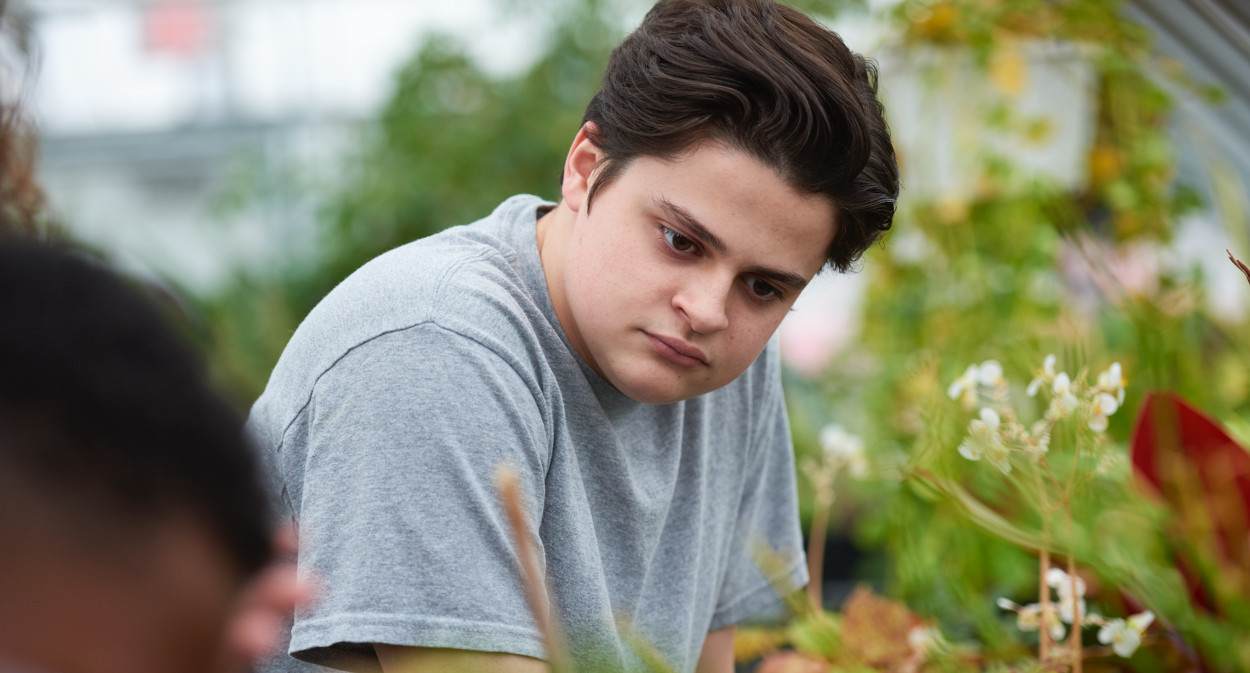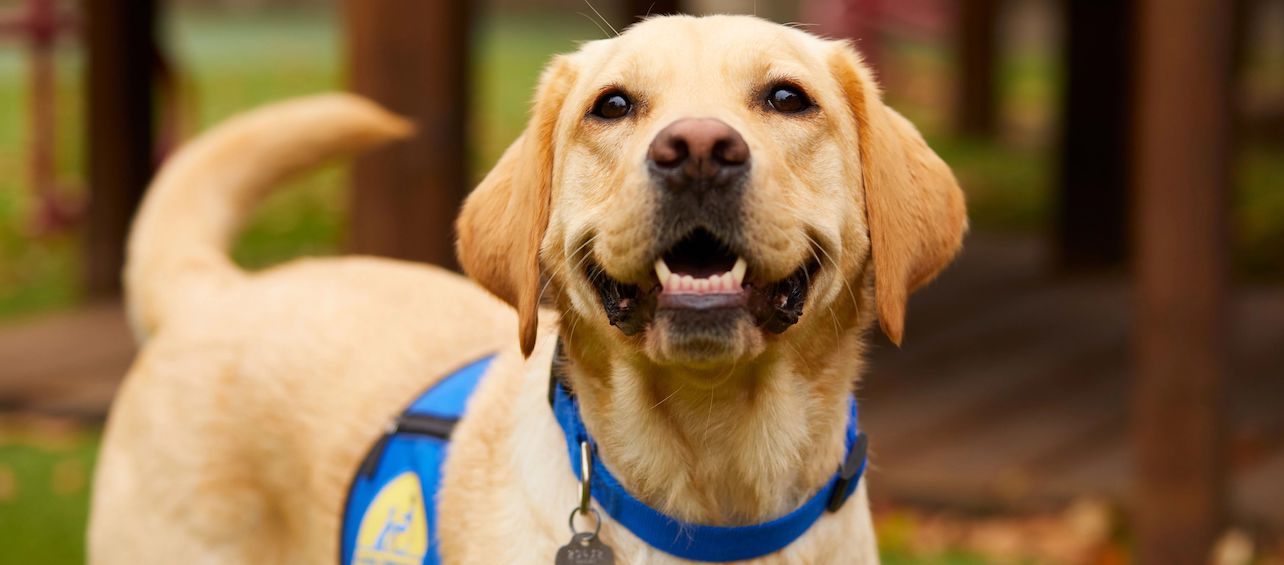Let’s face it — the past couple years have been challenging, making it difficult to cope with even little stressors.
HOW STRESS IMPACTS CHILDREN
Not all stress is bad but some stressors can become overwhelming. Feeling irritable, unproductive, scared and frustrated — those feelings that have become commonplace throughout the pandemic – have taken a toll on our physical, emotional and social health.
This is especially true for children who still haven’t developed all the coping skills needed to handle difficult events. Healthy coping skills need to be practiced and are often learned by watching those around us. Without the support from a caring adult, stress can become overwhelming for a child and affect their emotional and physical well-being.
We can reduce the impact of stressful events by helping children understand their feelings, playing often, providing routines, and staying calm when they are upset. Taking long deep breaths before reacting is a great way to model positive coping!
HOW TRAUMA AFFECTS CHILDREN
However, children who experience abuse, neglect or are exposed to violence at home or in the community need more support. This long-term stress, also known as “toxic stress,” can affect a kids’ ability to manage their emotions, concentrate and learn. Toxic stress can also affect a child’s physical health and even weaken important connections in the brain.
A single traumatic event can also affect a child’s well-being. These experiences can range from the sudden death of a family member, bullying, an unexpected diagnosis or natural disaster, to name a few. When a child experiences a traumatic event, it can affect their ability to feel safe in the world. All children are affected differently from these events; however, staying calm and reassuring your child that you are here to keep them safe will help them heal.
SIGNS OF TRAUMA AND HOW TO HELP
One of the best ways you can support your child is by encouraging them to express their feelings of fear, sadness, and anger in a supportive environment. It is helpful to talk to children about what is in their control to help them feel less helpless during this stressful time. For younger children providing choices can help give them a sense of empowerment.
Trauma can affect all aspects of your child’s life. Here are some signs that your child may need extra support and how you can help them.
Behavior Changes in Children ages 0-5 May Include:
- Acting out
- Crying
- Being clingy
- Regressing in behaviors (wetting bed, thumb sucking)
- Complaining of stomach or headaches
Ways to Help Children ages 0-5
- Give your child words for their feelings. “I can see you are sad or upset.”
- Stay calm when your child is upset.
- Send your child to preschool or childcare with items to help them feel safe (pictures, security blanket)
- Keep your child on a routine and let them know what to expect next.
- Give your child options when possible, such as letting them pick out breakfast or their outfit for the day.
- Practice taking deep breaths with each other.
Read more information about helping children ages 0-5 cope.
Behavior Changes in School-Age Children May include:
- Sleep disturbances such as fear of sleeping alone or difficulty falling asleep.
- Difficulty concentrating and learning at school.
- Unexplained headaches or stomachaches.
- Showing unusually aggressive or reckless behavior.
Ways to Help Your School-Age Child
- Help your child relax at bedtime by reading stories or letting them listen to music.
- Remind your child that you will keep them safe.
- Let teachers know that your child needs extra support and let your child know who to go to for that support at school.
- Help your child prepare for unexpected changes and teach them deep breathing exercises.
- Be patient with your child and provide ways for them to express their feeling through journaling, art and play.
Read more information about helping school-age children cope.
Behavior Changes In Teens May Include:
- Expressing feelings of shame or guilt about the event.
- A change in the way they think or see the world.
- Engage in self-destructive or risk-taking behavior.
- Isolation and or too much sharing on social media.
- Hide discomfort or avoid talking to others about the event.
Ways to Help Your Teen
- Give accurate and honest age-appropriate information.
- Have patience and remain calm.
- Set appropriate limits on behaviors.
- Stay involved. Know where your child is and what they are doing. They need your presence more than ever.
- Discuss sharing things on social media.
- Offer a counselor if it is easier to talk to someone outside the family.
Read more information about how to help teens cope.
Supporting your child after a traumatic event can be hard at times. Remember to give yourself a break when needed. Take care of yourself so you can take care of your child. Find activities you enjoy together and plan future activities to help you and your child recover. Remember, healing takes time.
If your child’s trauma symptoms do not improve over time or get in the way of daily life and activities, go with your child to a mental health professional. If you have concerns for your child’s immediate safety, go to the Emergency Department.
To learn more about the Mayerson Center for Safe and Healthy Children, call 513-636-7233 or visit our website or Facebook page.



